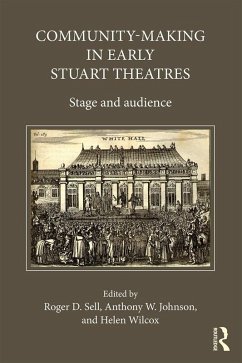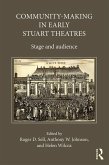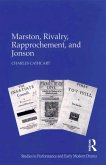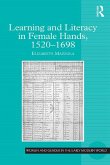Twenty-two leading experts on early modern drama collaborate in this volumeto explore three closely interconnected research questions. To what extent didplaywrights represent dramatis personae in their entertainments as forming, orfailing to form, communal groupings? How far were theatrical productions likelyto weld, or separate, different communal groupings within their target audiences?And how might such bondings or oppositions among spectators have tallied withthe community-making or -breaking on stage? Chapters in Part One respond toone or more of these questions by reassessing general period trends in censorship,theatre attendance, forms of patronage, playwrights' professional and linguisticnetworks, their use of music, and their handling of ethical controversies.In Part Two, responses arise from detailed re-examinations of particular playsby Shakespeare, Chapman, Jonson, Beaumont and Fletcher, Cary, Webster, Middleton,Massinger, Ford, and Shirley. Both Parts cover a full range of early-Stuarttheatre settings, from the public and popular to the more private circumstancesof hall playhouses, court masques, women's drama, country-house theatricals,and school plays. And one overall finding is that, although playwrights frequentlystaged or alluded to communal conflict, they seldom exacerbated such divisivenesswithin their audience. Rather, they tended toward more tactful modes ofaddress (sometimes even acknowledging their own ideological uncertainties) sothat, at least for the duration of a play, their audiences could be a communitywithin which internal rifts were openly brought into dialogue.
Dieser Download kann aus rechtlichen Gründen nur mit Rechnungsadresse in A, B, BG, CY, CZ, D, DK, EW, E, FIN, F, GR, HR, H, IRL, I, LT, L, LR, M, NL, PL, P, R, S, SLO, SK ausgeliefert werden.









